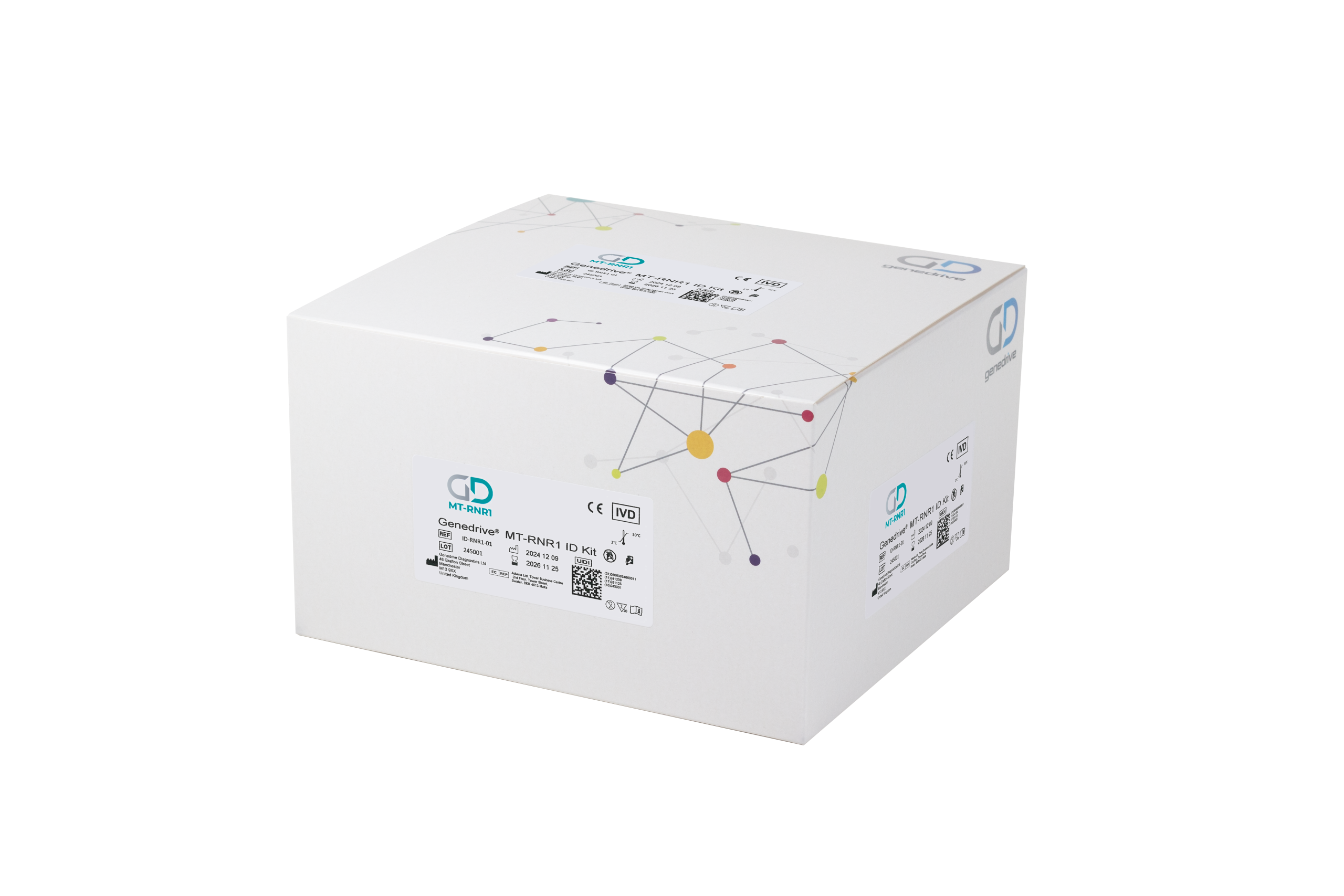CYP2C19 genotype testing translates into real, measurable gains in patient outcomes by matching drug choice (and dose) to how each patient actually metabolises key cardiovascular medicines:
- Identifying Non-responders: In a 1-year UK pilot of post-stroke patients, 723 people were genotyped and 204 (28.2%) were found to carry at least one loss-of-function CYP2C19 allele. Of those, 168 were switched from clopidogrel to an alternative antiplatelet, with an estimated NNT (number needed to treat) of 10 to prevent one major recurrent cardiovascular event—equating to roughly 17 events avoided in the first year alone.
- Reducing Recurrent Stroke and Trans Ischemic Attack (TIA): Poor and intermediate metabolisers on clopidogrel have a significantly higher risk of recurrent ischaemic stroke. By identifying these patients up front, clinicians can prescribe ticagrelor or prasugrel—agents unaffected by CYP2C19 status—and thereby markedly lower the chance of another stroke or TIA.
- Cutting Adverse Events in Healthcare Management: Though data is still emerging for mavacamten, CYP2C19 poor-metabolisers face increased drug exposure and a higher incidence of systolic dysfunction if dosed per standard protocols. Genotype-guided dosing or alternative therapies can avert these dose-related toxicities, improving safety in hypertrophic cardiomyopathy management.
- Broader Impact on Medication Safety and Efficiency Beyond stroke and Healthcare Management: Over a dozen common drugs—from clopidogrel in coronary disease to certain proton-pump inhibitors—are CYP2C19 substrates. Routine testing can:
- Steer patients away from ineffective therapies
- Lower hospital readmissions for adverse drug reactions
- Enhance long-term adherence by minimising side effects
Bottom line: embedding CYP2C19 testing into cardiovascular pathways turns guesswork into precision
- Preventing events
- Improving safety
- Ultimately saving lives
References:
3)Emma F Magavern, John H McDermott, Mark J Caulfield, William G Newman, CYP2C19 genetic testing for Mavacamten and ischaemic stroke treatment: What does the result mean for cardiovascular prescribers in the UK and Europe?, European Heart Journal – Cardiovascular Pharmacotherapy, Volume 10, Issue 6, September 2024, Pages 481–483, https://doi.org/10.1093/ehjcvp/pvae040







